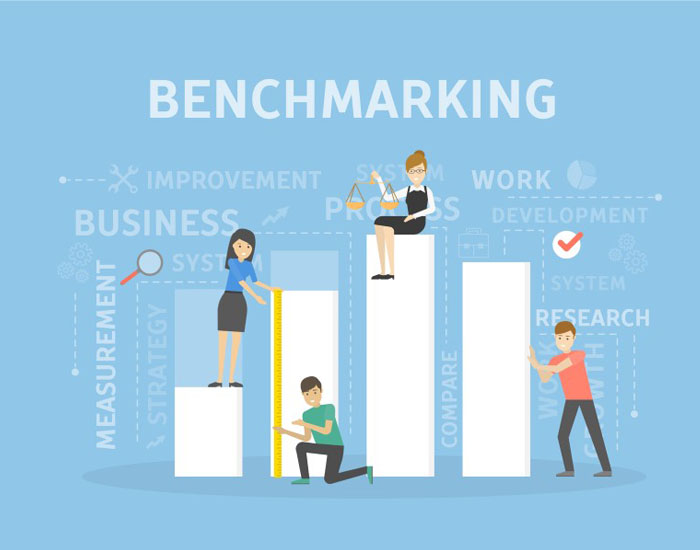Executive search
Executive search is a specialised type of recruitment aimed at attracting highly skilled senior management talent to an organisation. It is typically used to fill strategically important roles, including CEO, CFO, COO, CHRO, and CIO.
Executive search differs from the recruitment of more junior talent. When recruiting for more junior roles, an organisation will usually work with a recruitment consultancy on a contingency basis to find suitable candidates. The candidate who is successful in securing the position will usually be an active job seeker who applies for the role.

Senior & Mid Management Search

Searching for a mid-career or a senior level job is nothing like searching for an entry-level position. At this point, the stakes are a lot higher than before right?
However, the process is a lot simpler for this stage, because you have a track record that can speak for you. It’s also a lot less likely that the interviewers’ questions will freeze you because you already have the know-how of how to approach several questions.
The underlying boosting factor for the mid-career and senior-level job applicants is their new level of confidence in what they can offer to the target company.
Niche Hiring

That’s what niche recruiting is all about. … Niche recruiting can help to cut down on the pre-screening process since the target is to get more qualified resumes right from the start. You’ll be focusing on candidates that are both the most qualified and the most passionate about their career field.
Competition Mapping

Competition Mapping. This is a relativity simple exercise (that can be more in-depth depending on your needs), that teaches you to view your competitors strategically, and then use your knowledge to provide a better service based on the gaps you have identified.
Talent Pool Identification

In simplest terms, a talent pool is a database of potential job candidates. The workers included in the database are typically both highly qualified and have previously expressed interest, in some form, of joining your organization.
Talent pools allow organizations to cultivate relationships with workers whose skills and expertise align with company competencies and values. A proper talent pool database contains information about each candidate, including their skills, potential roles they could fill, how well they fit within the corporate culture, and so forth. This way, you do not have the start the recruiting process from scratch for each opening. Instead, whenever a position opens in your organization, you already have a pool of highly-qualified candidates who are already familiar with and interested in your organization, to recruit from.
Compensation Benchmarking

Salary benchmarking, also called compensation benchmarking, is a process by which compensation professionals match internal jobs and their descriptions to similar jobs and descriptions in a salary survey or other source of market pay data, in order to identify the market, pay rate for each position.
Retracting and retaining top talent. Staying competitive in the market. Maximizing plan designs for financial gain. Using benchmarking, we can grab the attention of top talent.
Reference Check

What is a reference check? A reference check is part of the hiring process where your candidate (or applicant) connects the hiring company with professional (and sometimes personal) job references to gather more details about themselves: their work history, job responsibilities and performance.
